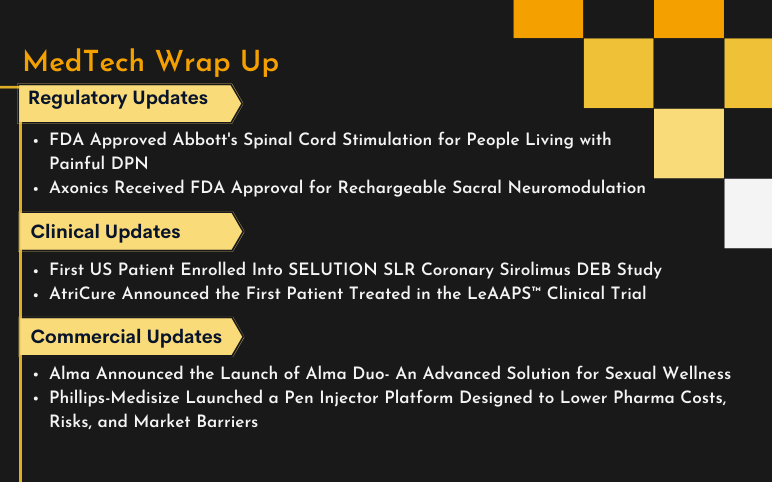Diabetic Peripheral Neuropathy Market Scenario
According to DelveInsight, the total diagnosed prevalent population of Diabetic Peripheral Neuropathy in 7 Major Markets was 25,332,829 cases in 2017.
Majority of symptoms in Diabetic Peripheral Neuropathy are mainly related to a pain condition. The market currently is also pain focused, and all the current therapies, as well as emerging therapies, are for the treatment of painful diabetic peripheral neuropathy. It has been seen that near about 30% of the patients with DPN suffer from pain. To overcome pain, Gene therapy has been developed for DPN pain management.
The Diabetic Peripheral Neuropathy medications fall into categories like – Antidepressants, Anticonvulsants, Topical Agents and Opioids.
Antidepressants are further bifurcated into Selective Serotonin Reuptake Inhibitors (SSRIs), Serotonin and Norepinephrine Reuptake Inhibitors (SNRIs), and Tricyclic Antidepressants (TCA) group. The medications can be chosen according to patient comorbidities, side effects, drug interaction, and cost.
The FDA and EMA had currently approved three treatments for pain associated with DPN are Pregabalin, Duloxetine, and Extended-Release Tapentadol. However, it is astonishing to witness that no treatments have been approved for the prevention or reversal of DPN.
The American Diabetes Association (ADA) recommends Pregabalin and Gabapentin as options from the anticonvulsants group, Duloxetine, and Venlafaxine from the serotonin-norepinephrine reuptake inhibitor group, and finally Nortriptyline and Desipramine from the tricyclic antidepressants group.
Diabetic Peripheral Neuropathy market has a diverse pipeline with a plethora of promising therapies. Of the emerging therapies, the most anticipated product for launch is VM202 Besides this; other products are VM202 (Helixmith), NYX-2925 (Aptinyx), WST-057 (4% pirenzepine) (WinSanTor, Inc.), Ricolinostat (Regenacy Pharmaceuticals), NRD.E1 (Novaremed Ltd.), Cebranopadol (Grünenthal GmbH), GRC 17356 (Glenmark Pharmaceuticals), and others are also expected to enter the market by 2030 as effective therapies.
The prevalence of DPN occurs in both Type 1 and Type 2 Diabetes’ patients, so it leads to a bigger room for new treatments. The therapies that are currently available are associated with adverse side effects, hence provide scope for new drug development with a better safety profile.
Conclusively, Diabetic Peripheral Neuropathy Market will increase due to the increasing global burden of diabetes, which is driving the prevalence of diabetic neuropathy, advancement in early diagnosis as well as the launch of the promising therapies.



